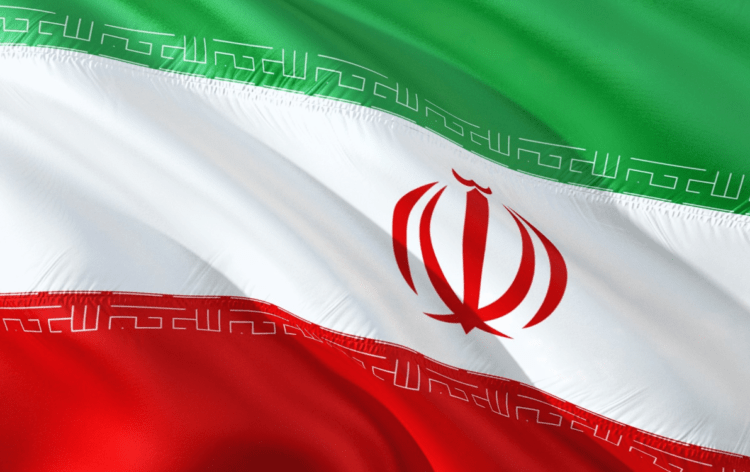Navigating Challenges in Iran’s Commodity Market: A Comprehensive Guide for Investors

For centuries, the commodity market has played a crucial role in Iran’s economy. With abundant reserves of oil, gas, and minerals, Iran is a major player in the global commodity market. The Iranian government has implemented policies to promote domestic investment in the commodity market and increase the country’s exports. Moreover, the government has taken measures to modernize the market, attract foreign investors, and improve the transparency of transactions. These efforts have helped to create a more favorable environment for commodity trading in Iran and fostered growth in this sector.
However, the Iranian commodity market has faced various challenges in recent years, including economic sanctions, political instability, and limited access to international markets. This article will investigate the current state of Iran’s commodity market, assessing the performance of primary commodities, evaluating trends, and exploring potential risks and opportunities for investors.
What Investors Should Know About The Commodity Market in Iran
Iran’s economy is significantly supported by its commodity market, which deals with numerous commodities traded locally and internationally. The country’s strategic location at the intersection of Asia and Europe, its abundant natural resources, and its skilled labor force make it an alluring destination for both foreign investors and traders, providing significant value to its economy.
The top three most traded commodities in Iran are crude oil, petrochemical products, and minerals. Iran has some of the largest oil reserves in the world and is a major producer and exporter of crude oil. The country’s petrochemical industry has also seen significant growth in recent years, with exports to Asia, Europe, and Africa. Additionally, Iran has a variety of mineral resources, including iron ore, copper, and zinc, which are in high demand globally.
The Iranian commodity market is reputable compared to its neighbours, with several large-scale exchanges such as the Tehran Stock Exchange, Iran Energy Exchange, and Iran Mercantile Exchange. These exchanges provide a transparent and regulated environment for trading, offering a wide range of commodities to both domestic and foreign investors.
The commodity market in Iran is also attractive to locals, with many Iranians investing in commodities as a means of hedging against inflation and currency fluctuations. Additionally, the Iranian government has implemented measures such as tax incentives for gold investments to encourage domestic investment in the commodity market. This has attracted the attention of foreign investors who see potential for growth in the Iranian commodity market. Despite the challenges posed by economic sanctions and political tensions, several international companies have been exploring investment opportunities in Iran’s commodity market, particularly in the petrochemical and mining sectors.
In addition, one of the main challenges is the lack of access to international financial systems, which limits the ability of Iranian companies to conduct transactions and trade globally. This has led to a decrease in trading volumes and lower liquidity in the market. Also, the regulatory environment in Iran can be complex and opaque, creating uncertainty for investors and limiting the development of the market. The Iranian government has taken steps to address these challenges, such as implementing new regulations and establishing more transparent systems for trading and transactions.
To conclude, the market is reputable compared to its neighbours, and the Iranian government has taken steps to encourage domestic and foreign investment. While there are challenges that need to be addressed, the potential for growth and development in the Iranian commodity market remains significant.
Challenges You Have to Consider Before Selecting the Commodity Market of Iran
The Iranian commodity market has been facing several challenges in recent years, impacting its growth potential and attractiveness for investors. One of the main issues is the economic sanctions imposed by the US and other countries, which have limited Iran’s access to international markets and financial services. This has resulted in a lack of liquidity and depth in the market, making it less attractive to foreign investors.
Another issue is the limited infrastructure and outdated technology used in the market, leading to inefficiencies and high transaction costs. To tackle the uncertain and complex regulatory framework, the Iranian government has undertaken several measures to promote foreign investment and improve transparency in the commodity market. These measures include introducing new regulations, encouraging the development of commodity exchanges and electronic trading platforms, and promoting greater foreign investment.
However, the impact of economic sanctions on the market cannot be overlooked, and it will take some time for the market to fully recover. Despite these challenges, the Iranian commodity market has the potential for growth and development, and the government’s efforts can help increase liquidity and trading volumes, attracting more foreign investors in the long run. The country has abundant natural resources, such as oil, gas, and minerals, which can be utilized for both domestic consumption and export.
Additionally, the recent lifting of some sanctions following the nuclear deal negotiations has opened up opportunities for increased international trade and investment in the Iranian market. However, the potential for new sanctions or political instability in the region remains a risk for the market.
In conclusion, the Iranian commodity market faces challenges related to economic sanctions, limited infrastructure, and regulatory complexities. The future predictions for the market depend on various factors, including the country’s political stability, economic policies, and global market conditions.


























Comments (0 comment(s))